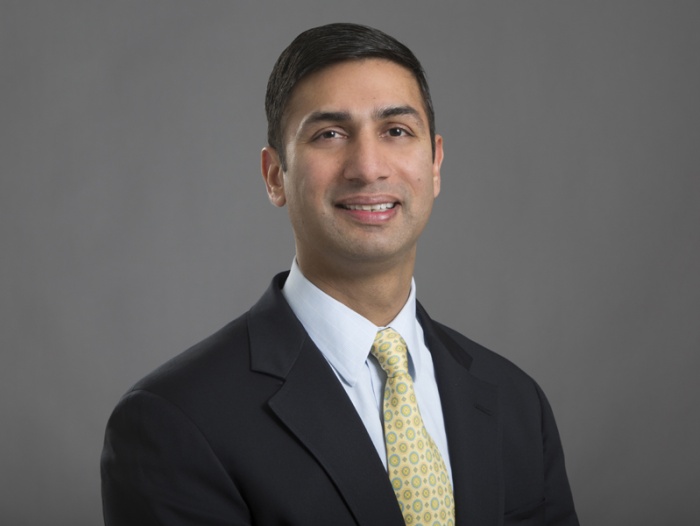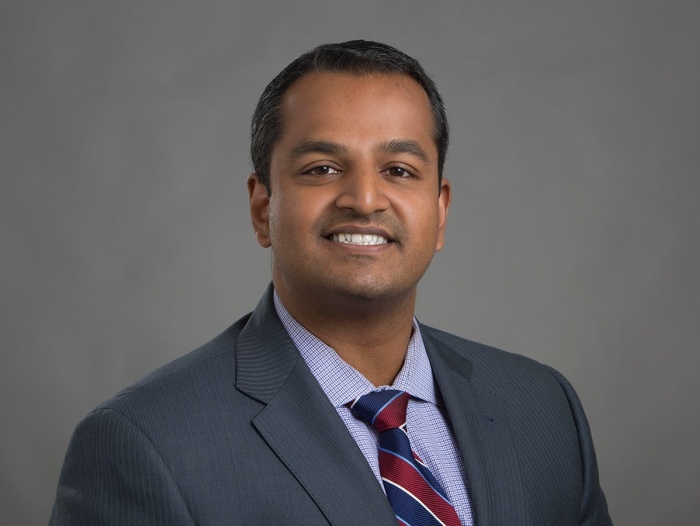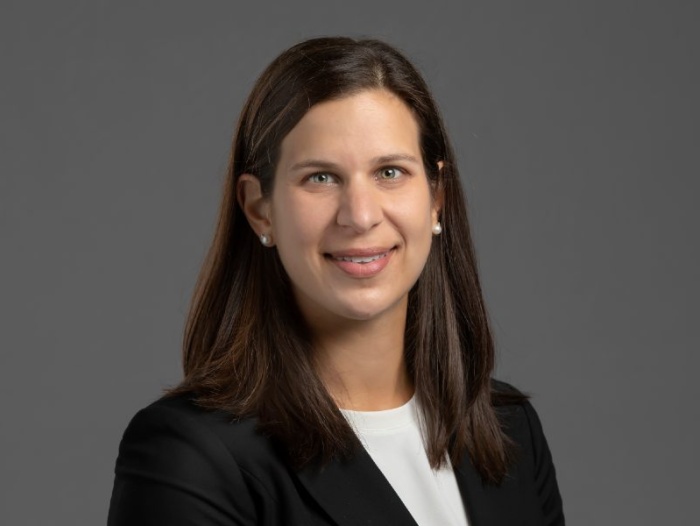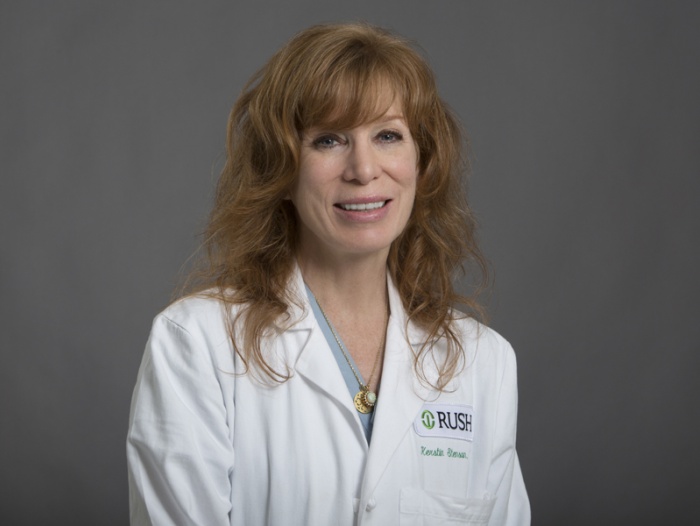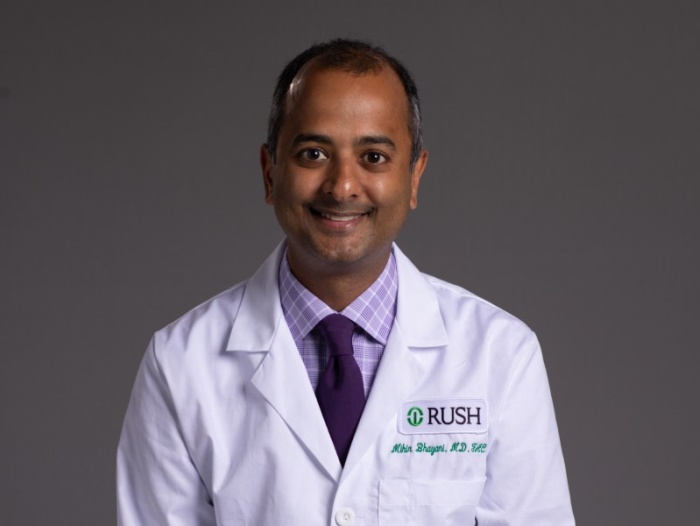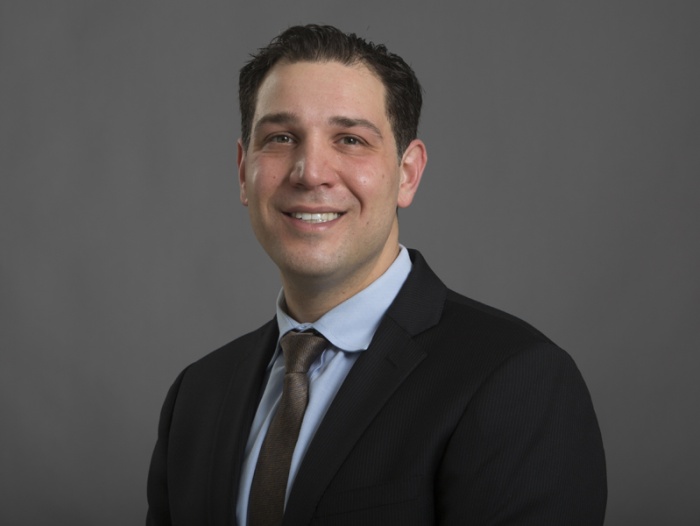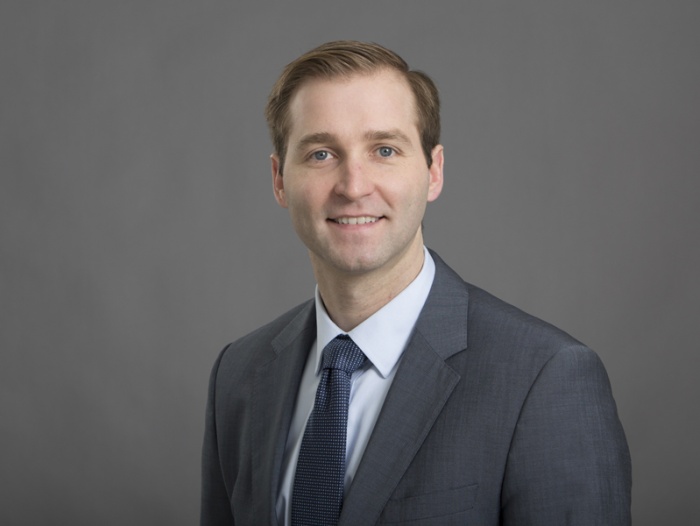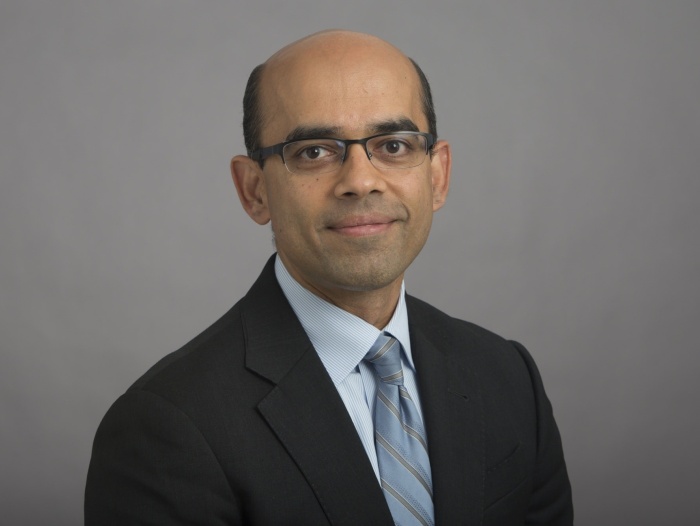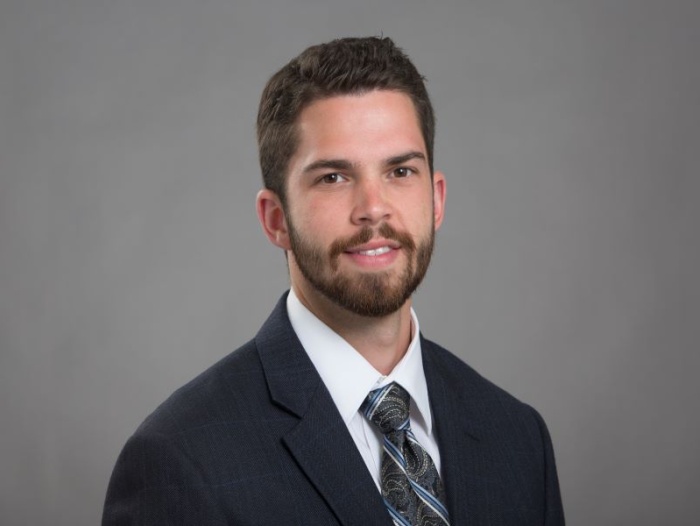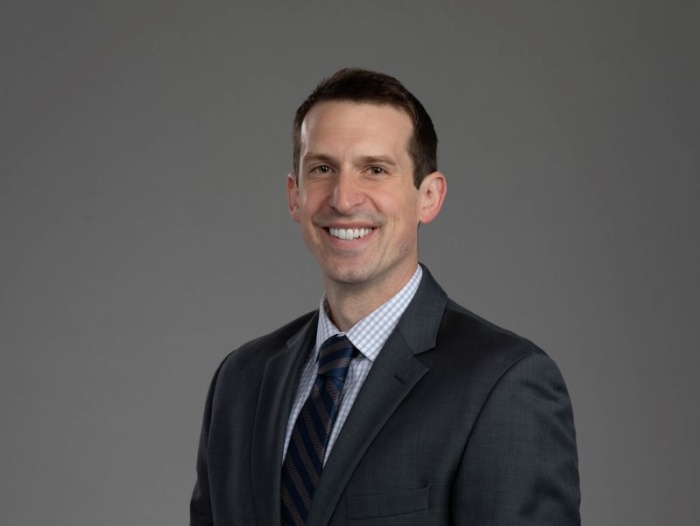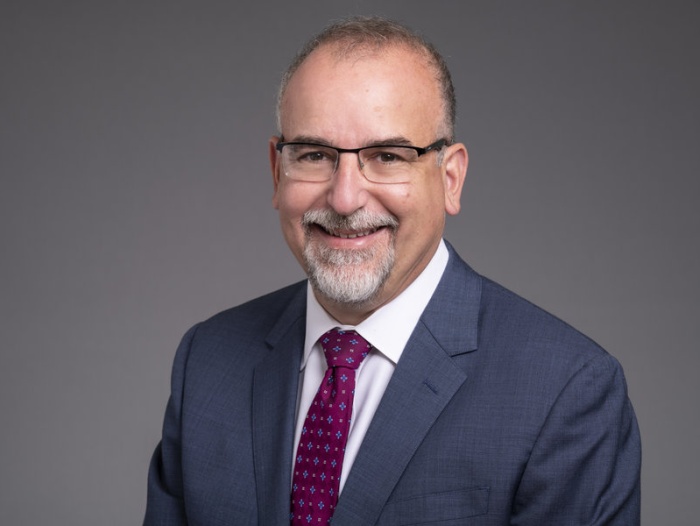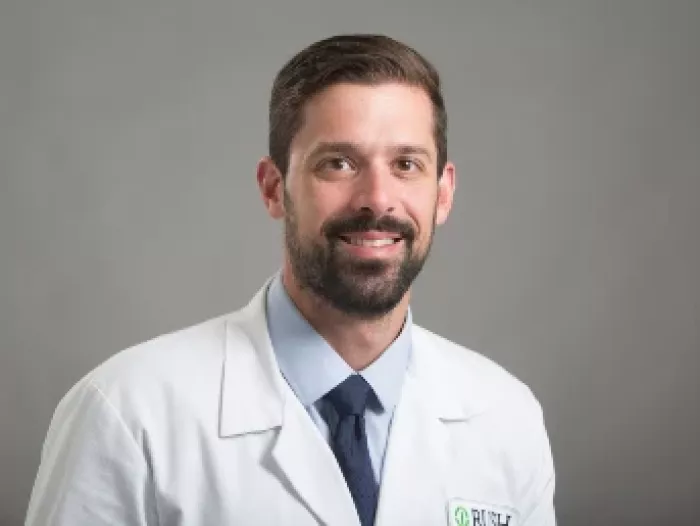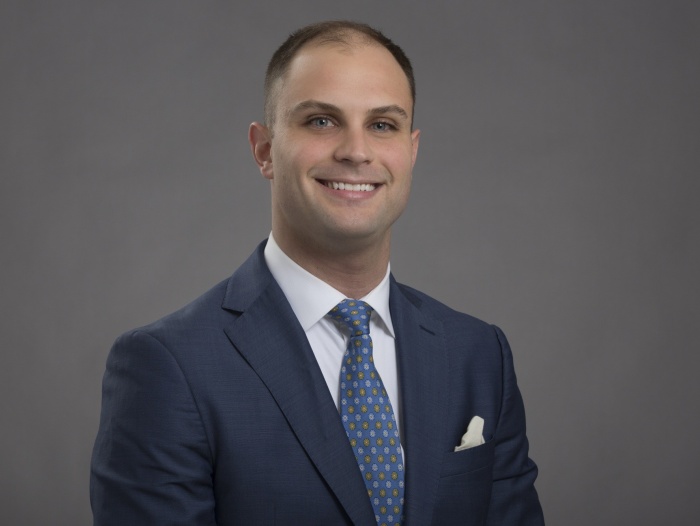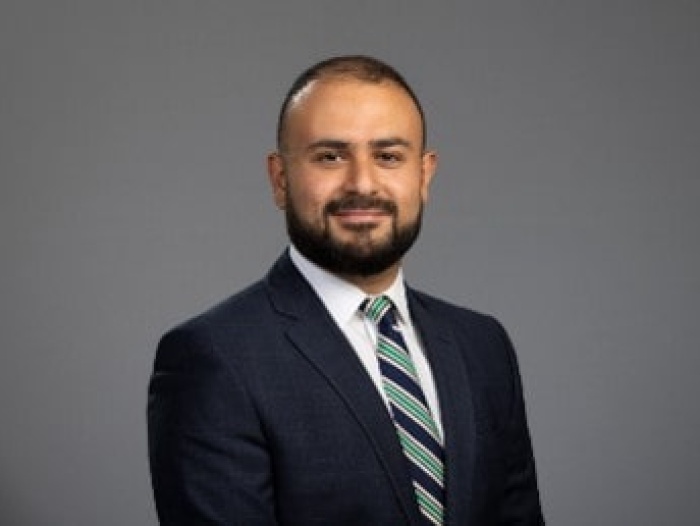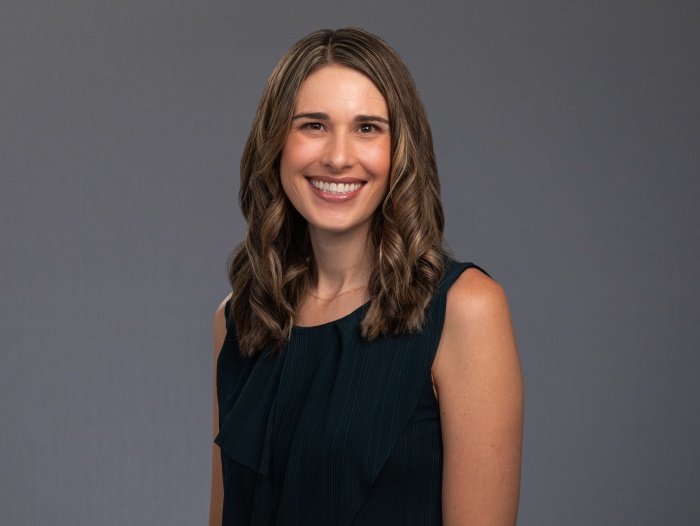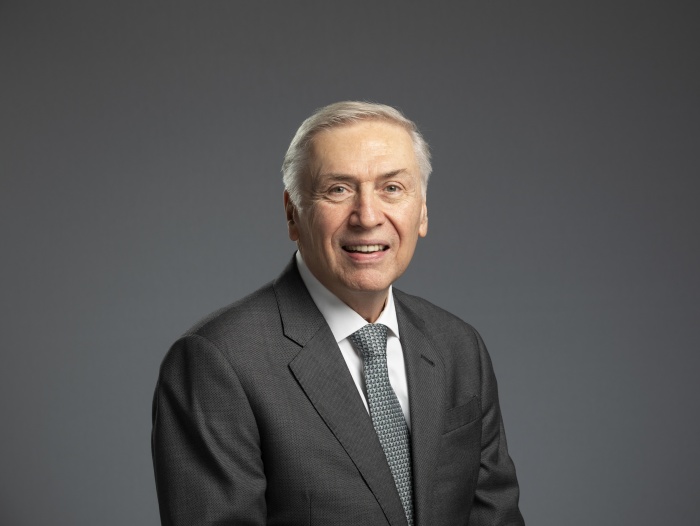Our five year, Accreditation Council for Graduate Medical Education–accredited program in the Department of Otorhinolaryngology - Head and Neck Surgery prepares residents to practice otolaryngology in the Rush University Medical Center tradition of caring, innovation and excellence.
Our residents develop outstanding surgical and diagnostic skills under the personalized attention and guidance of faculty dedicated to their success. Our program offers diverse and challenging learning opportunities in all areas of otorhinolaryngology. The subspecialties of otology, head and neck surgery, rhinology and skull base surgery, laryngology, sleep, facial plastic and reconstructive surgery, and pediatric otolaryngology are represented in our program’s core faculty. Residents also get experience with transoral robotic surgery, or TORS, minimally invasive skull base surgery and microvascular reconstruction of the head and neck (free-flap surgery). Residents have the opportunity to join a research track, global health track or leadership track to supplement their clinical training.
Training focuses on the art and science of medicine, honing technical competence as well as effective interpersonal and communication skills. Graduates of the Otolaryngology Residency are well-prepared to provide excellent patient care as part of a multidisciplinary team, whether they practice as general otolaryngologists or pursue fellowship training.
Description of program
All training occurs at Rush University Medical Center, except for an intern trauma rotation at John H. Stroger, Jr. Hospital of Cook County, and a PGY-3 pediatric rotation at Ann & Robert H. Lurie Children's Hospital of Chicago. Residents spend at least one half-day per week in clinic, including significant exposure to subspecialists’ clinics. Residents also have designated academic/reading time on a weekly basis. Research blocks are scheduled in the PG2 and PG4 years to give residents protected time to work on research.
| Program Year | Description |
|---|---|
| First year | In the first year of training, interns rotate in general surgery, trauma surgery at Stroger Hospital, endocrine surgery, surgical ICU, neurosurgery, plastic surgery, anesthesiology, emergency and otolaryngology. While on the otolaryngology service, the intern will do rotations in introduction to otolaryngology. Intro to otolaryngology will provide interns with exposure to the breadth and depth of the specialty while focusing on learning on core skills to prepare them for their otolaryngology training, such as history taking, physical examination, basic procedures, and presentation of patients. The interns will also get an initial introduction to medical decision making in otolaryngology and development of treatment plans. Interns on a professional track will complete course work during this year. |
| Second year | Second-year residents do rotations in rhinology, head and neck surgery, and pediatric otolaryngology. During the PG2 year residents have their first protected three-month block for research. |
| Third year | Third-year residents do rotations in pediatric otolaryngology at Ann & Robert H. Lurie’s Childrens Hospital, otology, general/laryngology/sleep, and head and neck. |
| Fourth year | Fourth-year residents do rotations in rhinology, head and neck surgery, and facial plastic and reconstructive surgery. During the PG4 year, residents have their second protected three month block to work on research, PSQI, or educational track projects. They also complete a one-month combined Facial Plastic Surgery and OMFS rotation at Stroger Hospital. |
| Fifth year | Fifth year residents do rotations in general/laryngology/sleep, otology, FPRS, and head and neck surgery.
|
Team approach
The otolaryngology service is split into two teams based on the resident rotation schedule. One team is assigned to patients treated by the head and neck, rhinology and skull base, and plastic and reconstructive faculty, and a second team is assigned to patients treated by the general otolaryngology, sleep, laryngology, otology, rhinology, and pediatrics faculty. When on otolaryngology rotations, the interns are also assigned to one of the teams. The team structure facilitates communication among faculty, residents and physician assistants about patient care. This also ensures that as residents move between teams throughout each year, they have opportunities to work closely with all faculty in the department and gain consistent exposure to subspecialty faculty.
- The Stanton A. Friedberg, MD, Endowed Chair and ProfessorDepartment of Otorhinolaryngology
- The Carole B. and Gordon I. Segal Professor of Women’s Cancer IssuesDepartment of Otorhinolaryngology
Kathleen Javor
Residency Program Manager
(312) 563-4409
kathleen_javor@rush.edu
1611 W. Harrison St.
Suite 530BB
Chicago, IL 60612
Connect with the Rush Otolaryngology Residency on Instagram


